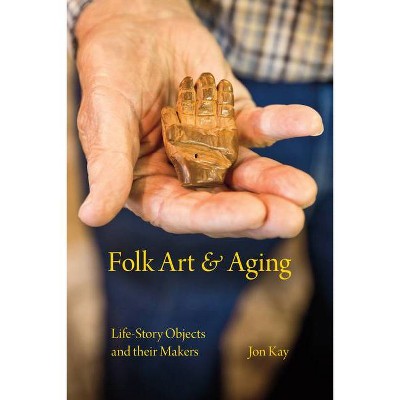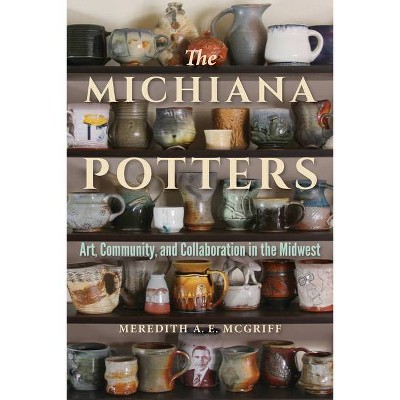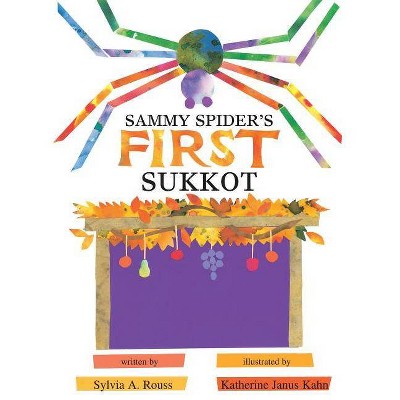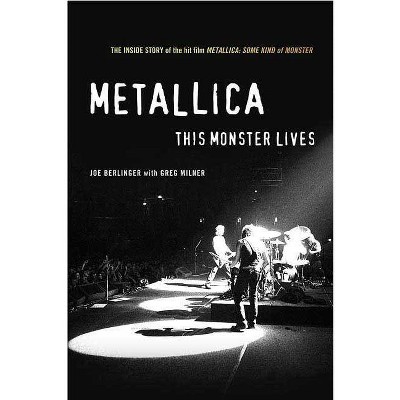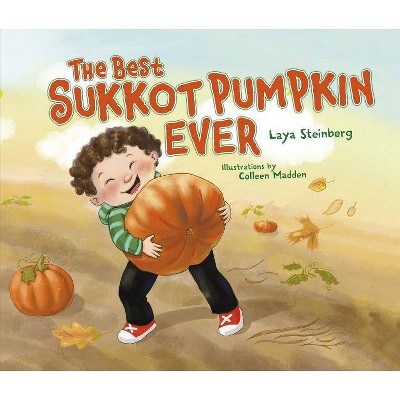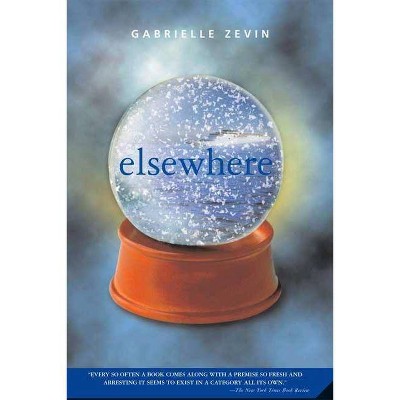Framing Sukkot - (Material Vernaculars) by Gabrielle Anna Berlinger (Paperback)
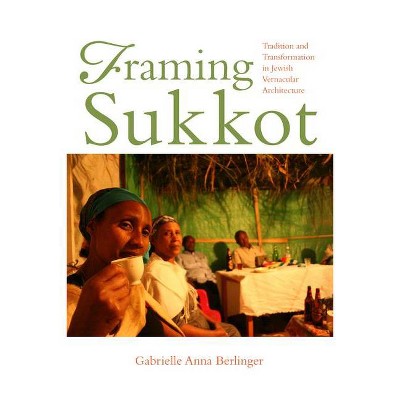
Similar Products
Products of same category from the store
AllProduct info
<p/><br></br><p><b> About the Book </b></p></br></br>Through an exploration of the intersections between the rituals of Sukkot and contemporary issues, such as the global Occupy movement, Berlinger finds that the sukkah becomes a tangible expression of the need for housing and economic justice, as well as a symbol of the longing for home.<p/><br></br><p><b> Book Synopsis </b></p></br></br><p>The <i>sukkah</i>, the symbolic ritual home built during the annual Jewish holiday of <i>Sukkot</i>, commemorates the temporary structures that sheltered the Israelites as they journeyed across the desert after the exodus from Egypt. Despite the simple Biblical prescription for its design, the remarkable variety of creative expression in the construction, decoration, and use of the sukkah, in both times of peace and national upheaval, reveals the cultural traditions, political convictions, philosophical ideals, and individual aspirations that the sukkah communicates for its builders and users today. </p><p>In this ethnography of contemporary Sukkot observance, Gabrielle Anna Berlinger examines the powerful role of ritual and vernacular architecture in the formation of self and society in three sharply contrasting Jewish communities: Bloomington, Indiana; South Tel Aviv, Israel; and Brooklyn, New York. Through vivid description and in-depth interviews, she demonstrates how constructing and decorating the sukkah and performing the weeklong holiday's rituals of hospitality provide unique circumstances for creative expression, social interaction, and political struggle. Through an exploration of the intersections between the rituals of Sukkot and contemporary issues, such as the global Occupy movement, Berlinger finds that the sukkah becomes a tangible expression of the need for housing and economic justice, as well as a symbol of the longing for home.</p><p/><br></br><p><b> Review Quotes </b></p></br></br><br><p>Berlinger's rich and nuanced ethnography sheds light on many sukkot from Bloomington to Tel Aviv, Jaffa, and Jerusalem, and back to Brooklyn; like the wandering in the Sinai desert, this journey is crucial, and although the Promised Land does not allow one to rest as it opens further questions, it is Berlinger's wandering that helps us in framing such wonderings.</p>-- "Journal of American Folklore"<br><br><p>The book is a clear and original contribution that considers Jewish folklore within wider sociopolitical contexts. It raises questions and offers insights previously unexplored in the field, within both Jewish Studies and vernacular architecture.</p></p>-- "Western Folklore"<br><br><p>This is an important and timely book: important because it contributes significantly to the expanding literature on Jewish history and culture; and timely due to its arrival just as many are questioning the relationship folklore as a discipline has to the field of vernacular architecture studies.</p></p>-- "Journal of Folklore Research"<br><br><p>While providing fascinating and abundant ethnographic detail about sukkah builders, their families, and their daily lives, [Berlinger] raises important theoretical questions that merit additional attention.</p></p>-- "Reading Religion"<br><p/><br></br><p><b> About the Author </b></p></br></br><p>Gabrielle Anna Berlinger is Assistant Professor of American Studies and Folklore and the Babette S. and Bernard J. Tanenbaum Fellow in Jewish History and Culture at The University of North Carolina at Chapel Hill.</p>
Price History
Price Archive shows prices from various stores, lets you see history and find the cheapest. There is no actual sale on the website. For all support, inquiry and suggestion messagescommunication@pricearchive.us
